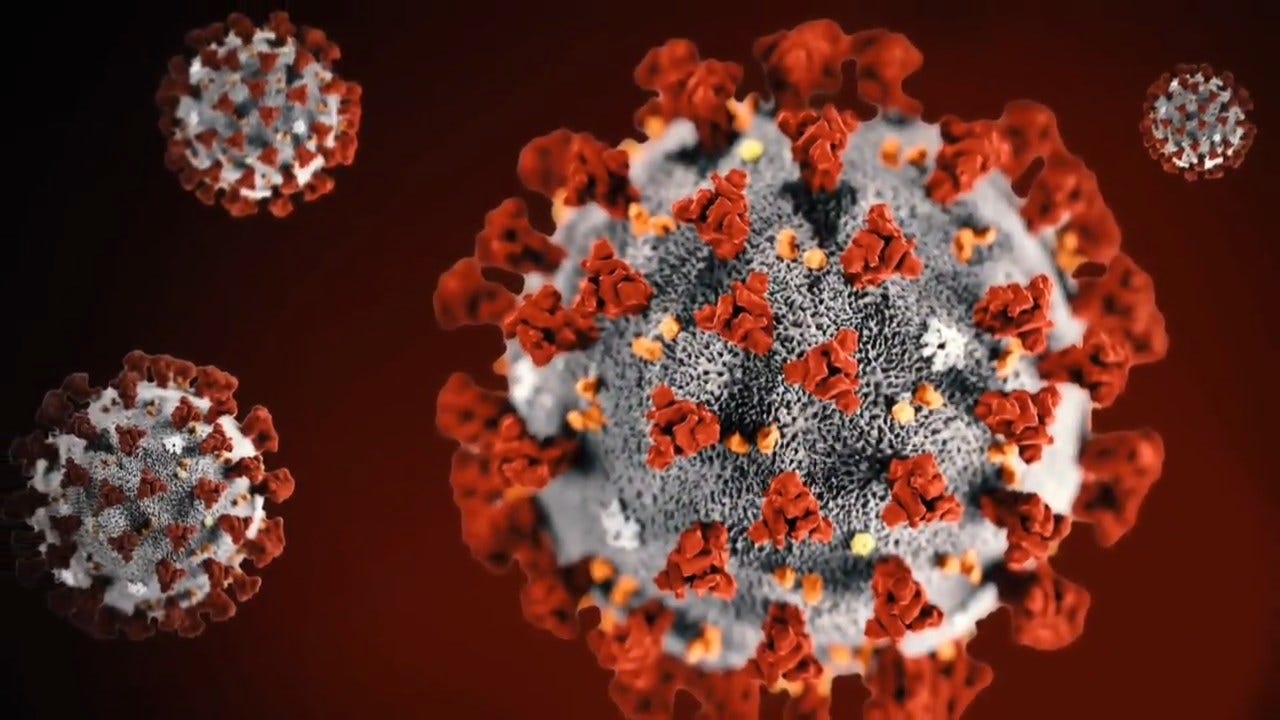Great Apes At San Diego Zoo Become 1st Non-Humans To Receive COVID-19 Vaccine
Several orangutans and bonobos at the San Diego Zoo have received an experimental COVID-19 vaccine developed specifically for animals. They mark the first known non-human primates to get the shot.Thursday, March 4th 2021, 11:30 am
SAN DIEGO, California -
Several orangutans and bonobos at the San Diego Zoo have received an experimental COVID-19 vaccine developed specifically for animals. They mark the first known non-human primates to get the shot.
An orangutan named Karen, who made history in 1994 as the first ape in the world to have open-heart surgery, was among those to get the vaccine, according to National Geographic.
Last month, Karen, along with three other orangutans and five bonobos at the zoo, received two doses each of the vaccine, which was developed by the veterinary pharmaceutical company Zoetis.
"This isn't the norm. In my career, I haven't had access to an experimental vaccine this early in the process and haven't had such an overwhelming desire to want to use one," Nadine Lamberski, chief conservation and wildlife health officer at the San Diego Zoo Wildlife Alliance, told Nat Geo.
In January, eight gorillas at the zoo became the first great apes in the world to test positive for coronavirus. They are now recovering.
Infections have also been confirmed in dogs, cats, mink, tigers, lions and several other animals around the world. However, great apes are a particular concern among conservationists.
All species of gorillas are listed as endangered or critically-endangered on the IUCN Red List, with "susceptibility to disease" as one of the main threats. Infections spread rapidly among the animals, which live in close familial groups.
COVID-19 has the potential to wipe out populations of gorillas, chimpanzees, orangutans and bonobos if humans don't take steps to prevent its spread, experts have warned.
Zoetis started development on a COVID-19 vaccine for dogs and cats after the first dog tested positive for the virus in Hong Kong over a year ago. It was deemed safe and effective in October — but testing had only been done in dogs and cats.
Still, Lamberski decided vaccinating the great apes was worth the risk. She told National Geographic that they haven't suffered any adverse reactions and will soon be tested for antibodies to determine if the shots were a success.
"It's not like we randomly grab a vaccine and give it to a novel species," she said. "A lot of thought and research goes into it—what's the risk of doing it and what's the risk of not doing it. Our motto is, above all, to do no harm."
Lamberski said that, because vaccines are made for a specific pathogen and not a specific species, it's common to give a vaccine meant for one species to another. Apes at the zoo get flu and measles vaccines developed for humans.
A spokesperson for Zoetis told National Geographic that other U.S. zoos have requested doses of the vaccine for their own great apes. The company expects more to be available in June.
Additionally, the company is currently conducting trials of the vaccine in mink — tens of thousands of which have due to of COVID-19.
More Like This
February 14th, 2022
October 25th, 2021
September 20th, 2021
Top Headlines
April 23rd, 2024
April 23rd, 2024
April 22nd, 2024










